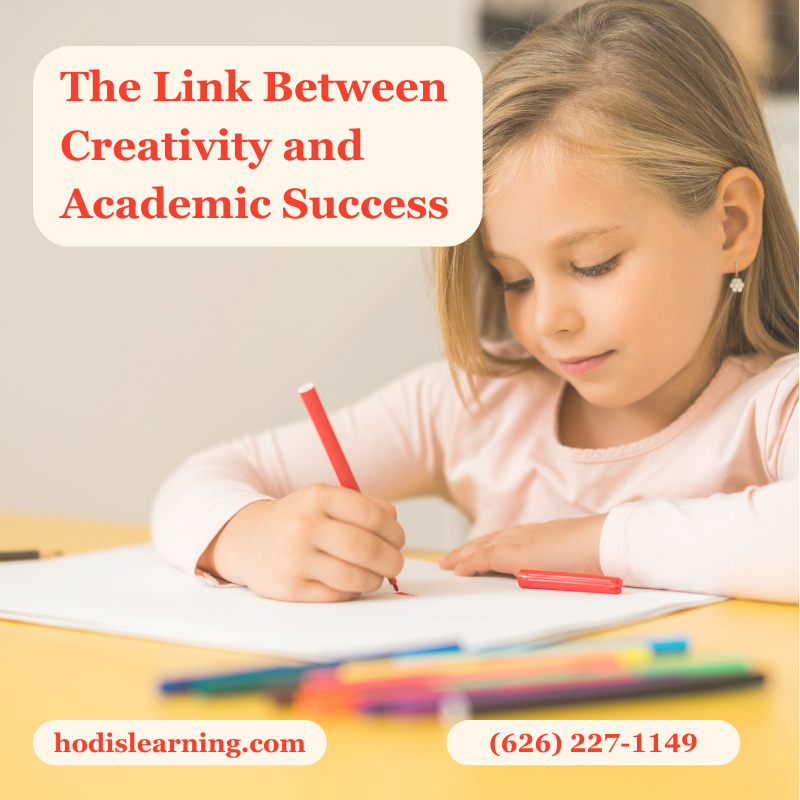The Link Between Creativity and Academic Success
In a world increasingly driven by innovation and problem-solving, creativity is an essential element of academic and personal success. While many parents and educators prioritize traditional academic skills like reading, math, and science, research continues to show that artistic and musical activities are powerful tools for boosting cognitive development, emotional well-being, and even academic achievement.
How Creativity Shapes the Brain
Engaging in creative activities, especially music and the arts, activates multiple areas of the brain at once. When children learn to play an instrument, paint, dance, or act, they are strengthening neural pathways responsible for memory, attention, language, and spatial reasoning. For example, studies have found that music training can enhance the corpus callosum (the bridge between the brain’s hemispheres) improving the brain’s ability to transfer information efficiently.
This cross-brain engagement doesn’t just benefit artistic pursuits; it directly supports learning in core academic subjects. Musical training, in particular, has been linked to stronger reading skills, better mathematical reasoning, and improved executive functioning, which are the mental skills that help us plan, focus, and juggle multiple tasks.
The Role of Artistic Expression in Critical Thinking
Creative activities foster curiosity and flexible thinking, which are two essential skills for problem-solving. Through artistic exploration, students learn to experiment, take risks, and tolerate ambiguity. A child who experiments with painting techniques, for example, is learning how to test ideas and accept that mistakes can lead to breakthroughs. This is a mindset that can serve them well in science labs and math problems alike.
Drama and theater arts can also build empathy and communication skills. When students embody different characters, they learn to see the world through multiple perspectives, developing emotional intelligence and critical social skills that strengthen collaboration and classroom engagement.
Creativity and Emotional Resilience
Beyond cognitive skills, the arts provide a vital outlet for self-expression, stress relief, and emotional development. Many students face pressure from rigorous academic demands, and creative outlets help them process feelings, manage anxiety, and build confidence. Studies have shown that students who participate in music or visual arts programs often have higher self-esteem and a stronger sense of identity. These traits can help them persevere through academic challenges.
Integrating Creativity into Everyday Learning
The good news is that creativity doesn’t have to be confined to art class or music lessons. Educators and parents can nurture creativity by encouraging open-ended projects, celebrating original ideas, and providing opportunities for play and exploration. Schools that integrate arts across the curriculum often see higher levels of student engagement and academic performance.
At home, parents can foster creativity by exposing children to diverse artistic experiences, from concerts and museum visits to simple crafts and musical play. Even a few minutes of daily creative activity can spark curiosity and strengthen the brain in lasting ways.
Final Thoughts
Students need more than rote memorization to succeed. They need to be able to think critically, solve complex problems, and adapt to new challenges. Artistic and musical activities lay the foundation for these skills, bridging the gap between creativity and academic success. By championing creativity, we empower the next generation to reach their fullest potential, both in the classroom and beyond.
If you’re ready to unlock your child’s creative potential and support their academic growth, we’d love to help. Contact us today to sign up for art or music lessons. Call us at (626) 227-1149 or submit a contact form to get started!



